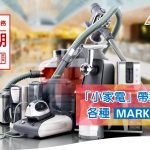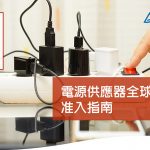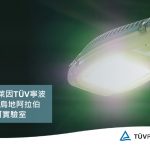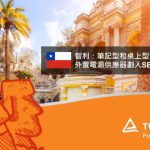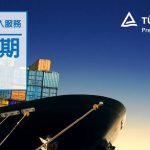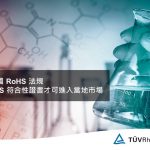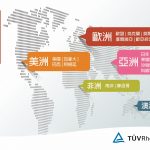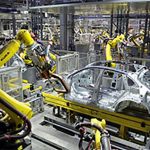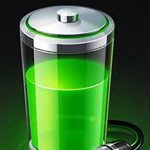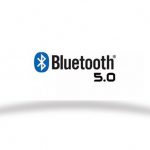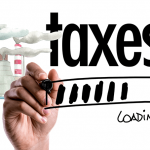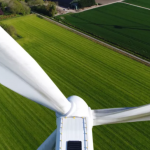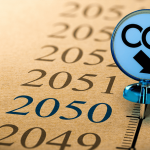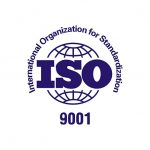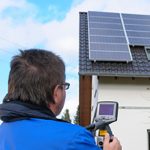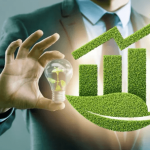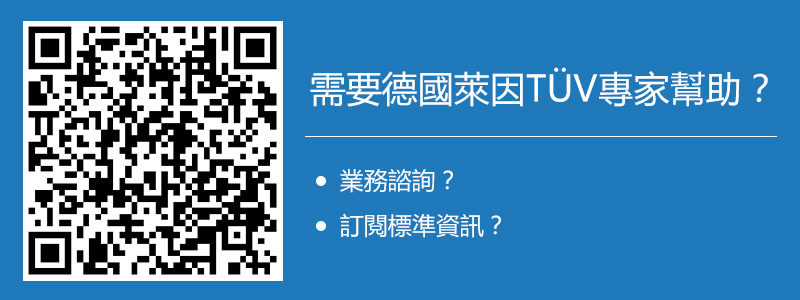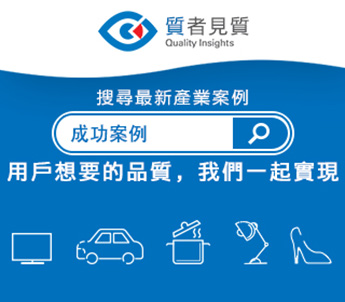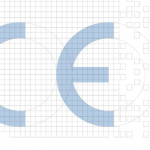節約能源,拯救我們的未來 Saving Energy, Saving Our Future

隨著全球氣候變得更加極端,對企業構成的威脅日漸顯現。 2019年全球表面溫度或將成為自19世紀中期開始記錄以來第二或第三高的溫度,僅次於2016年或2017年。企業正在努力保護自己的資產和供應鏈免受日益嚴重的颶風、熱浪、火災和乾旱影響。越來越多的企業將這種”氣候風險”納入計算之中,投資者也對此密切關注。
今天,由於全面的環境、社會和商業趨勢,包括氣候變化、全球碳排放監管、對自然資源的壓力越來越大,人們對企業環保表現的期望越來越高、能源技術和商業模式的創新,以及可再生能源價格的暴跌等,能源問題正逐步提上企業議程。這些大趨勢正在改變企業經營的環境,使企業面臨新的風險,也開拓了價值創造的新途徑。
企業實現碳減排最有效的途徑是實施節能措施、能源管理和能源管理體系。認識到能源是一種可以管理的資產,而不是一項付費的基本服務,這是成功實施系統化能源管理的關鍵,有助於減少碳排放、改善能源安全性和財務績效。同時還能支持應對氣候變化的影響,呼籲環境保護。

能源管理體系(EnMS)
能源管理體系(EnMS)ISO 50001標準為企業提供了國際公認的指導方針,以改善能源平衡,減少二氧化碳排放,並通過更有效地使用能源降低能源成本。新能源管理的成功實施取決於許多因素,如降低能源成本、企業能源戰略、對環保產品的需求等。這些驅動因素和障礙是相互關聯的。跨國機構現在將氣候變化的影響視為正常管理實踐的一部分。測量和減少企業的碳足跡目前是大型機構中多數高級管理人員的優先事項。機構自願參與可持續發展排名過程,通過調查,旨在確認在可持續發展方面的領先表現。
能源管理
能源管理可以廣義地定義為對建築或機構的能源使用進行主動、有組織和系統的管理,以滿足環境和經濟兩方面的需求。能源審計有助於確定可以節省能源和資金的能源管理機會。
持續有效地使用能源可以幫助控制公司的能源成本。 TÜV萊茵能夠幫助行業和地方政府引進更多節能結構。認證為”節能公司”,通過使用測量儀器及持續改進過程(Continuous Improvement Process ,CIP)來監控和分析能源使用情況,確保能源效益得到持續改善,從而實現更大的成本效益。
TÜV萊茵的專家將與您公司緊密合作,分幾個步驟進行認證。為了降低能源分析的複雜性,我們將您的操作分解為典型的消耗元素,每個元素都有特定的需求。它們依次分別適用於您公司的具體情況。成功完成審核後,您將獲得”節能公司”證書。為維持並進一步提高節省的費用,我們會定期進行跟進審核。
在這個供應鏈複雜和僱傭專業分包商的時代,承擔能源管理的責任對於防止企業及其聲譽受負面事件影響至關重要。企業領導人不僅要為聘用合格的第三方供應商建立健全的流程,還必須確保在”安全文化”中整合這些供應商,並由公司密切監督安全管理和流程。
TÜV萊茵的專家為企業和政府機構提供全方位的能源服務,在各個領域提供支持,無論是監控熱電聯產工廠的排放、計算熱水鍋爐的能源效率,還是評估生態平衡,都是您的專業合作夥伴。我們的服務網絡遍布全球各地,專家團隊為您的項目提供支持,通過測試確保產品和服務的技術更新。

香港德國萊茵TÜV 執行董事Martin Fan
Saving Energy, Saving Our Future
As global weather becomes more extreme, the threat that climate change poses for companies is no longer theoretical. Global surface temperatures in 2019 are on track to be either the second or third warmest since record-keeping began in the mid-1800s, behind only 2016 and possibly 2017.Businesses are working to protect their assets and supply chains from increasingly severe hurricanes, heat waves, fires, and droughts. More and more companies are figuring such “climate risk” into their calculations, and investors are paying close attention.
Today energy is climbing up the corporate agenda, due to sweeping environmental, social, and business trends, including climate change and global carbon regulation, increasing pressures on natural resources, rising expectations concerning corporate environmental performance, innovations in energy technologies and business models, and plummeting renewable energy prices. These megatrends are changing the context in which businesses operate, and opening companies up to new risks and new paths to value creation.
The most effective way for a company to achieve carbon emissions reduction is through the implementation of energy efficiency measures, energy management, and energy management systems. Recognizing energy as an asset that is managed, rather than a utility that is paid for, is key to the successful implementation of systematic energy management, leading to carbon emissions reductions and improving energy security and financial performance. It also shows support in response to the impact of climate change and calls to protect the environment.
Energy Management System (EnMS)
The EnMS ISO 50001 standard provides companies with internationally recognized guidelines to improve energy balance, reduce CO2 emissions, and lower energy costs by using energy more efficiently. The successful implementation of EnMS relies on a number of drivers, such as reduction of energy costs, a corporate energy strategy, demand for eco-friendly products, etc. These drivers and barriers are interlinked. Multinational organizations now consider the impact of climate change as part of normal management practices. Measurement and reduction of an enterprise’s footprint is presently a priority for the majority of senior managers in large organizations. Organizations voluntarily participate in sustainability ranking processes via surveys aimed at recognition of leading performers in sustainability.
Energy Management
Energy management can be broadly defined as the proactive, organized, and systematic management of energy use in a building or organization to satisfy both environmental and economic requirements. Energy audits help identify Energy Management Opportunities where savings of energy and money can be made.
Consistently using energy efficiently can help you control your company’s energy costs. We at TÜV Rheinland can help industry and local governments introduce more energy-efficient structures. Certification as an “energy-efficient company” ensures continuous improvement of your energy efficiency through the use of measurement instruments and the Continuous Improvement Process (CIP) to monitor and analyze energy use – and that, in turn, ensures even greater cost-effectiveness.
Our experts conduct the certification process in several steps and in close cooperation with your company. To reduce the complexity of the energy analysis, we break down your operations into typical consumption elements, each of which has specifically defined requirements. These, in turn, are individually adapted to the specific circumstances of your company. Upon successful completion of the audit, you receive the “energy-efficient company” certificate. To sustain and further extend the savings achieved, we conduct periodic follow-up audits.
In this era of complex supply chains and the hiring of expert sub-contractors, taking such responsibility is crucial for preventing events with the potential to adversely affect the corporation and its reputation. Business leaders must establish robust processes not just for qualifying third-party vendors, but also to ensure that there is integration of those suppliers within a strong safety culture with close company oversight of safety management and processes.
TÜV Rheinland’s experts assist companies and government agencies with a comprehensive range of energy services under one roof. TÜV Rheinland offers support in all areas, whether monitoring the emissions of a CHP plant, calculating the energy efficiency of a hot-water boiler, or assessing your eco balance – we are your expert contact. Our specialists support you with your projects. We test your products and services all over the world to verify that they are technologically up to date.

Martin Fan, Managing Director, TÜV Rheinland Hong Kong
編輯推薦
熱門分享


